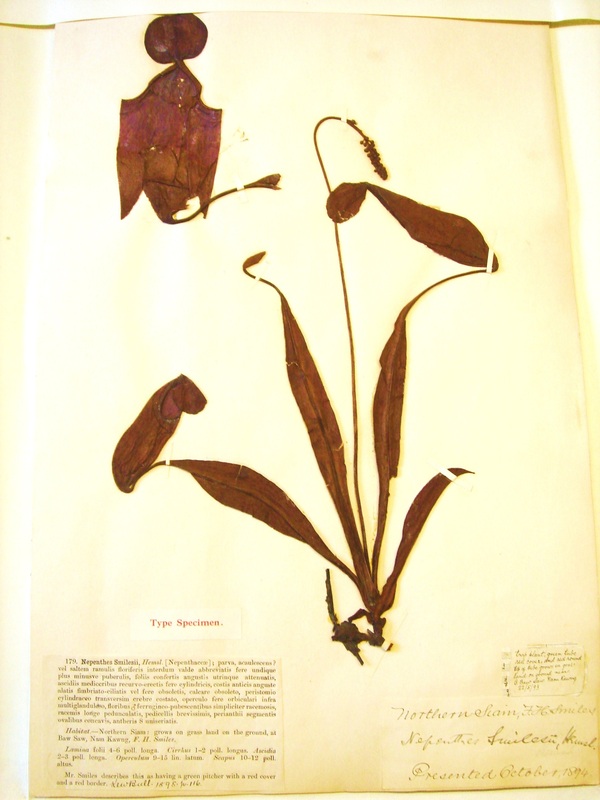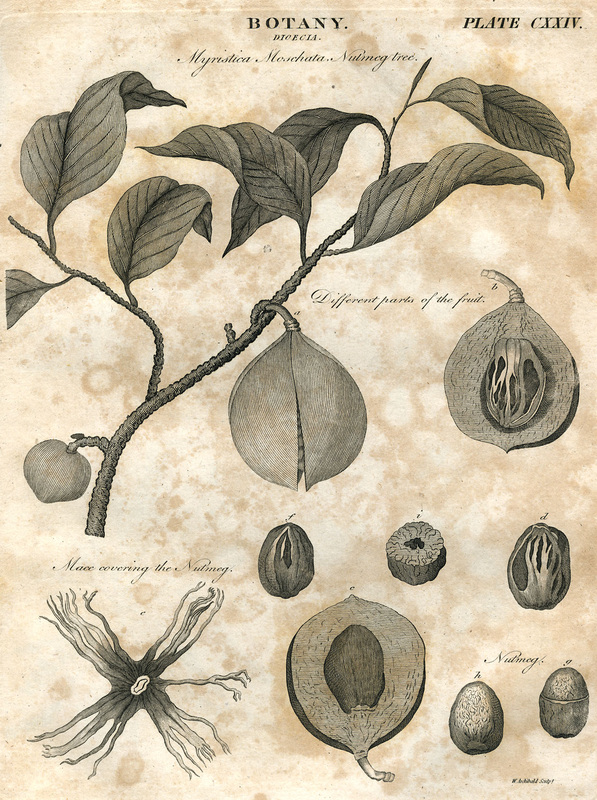A History of Plant Science
In the effort to understand life on Earth, humankind developed several disciplines that can be traced back to paleolithic times involving the organisms that make terrestrial life possible, namely; plants. Without vegetation and the energy conversion mechanism provided by photosynthesis, our planet, and everything on it, would die. Therefore, understanding plants and how they effect the environment, animal life, human life and one other is crucial to the evolution of the symbiotic relationship we share with the Earth. Agriculture depends on these studies, as well as the addition disciplines of Mycology (study of fungi), Microbiology (study of unicellular organisms such as bacteria) and Virology (study of particles known as virions).
Plants play a role in nearly every level of life sciences. From basic research such as the chemical reactions and molecular fundamentals present in all known life forms to the study of vast ecosystems and the role they play in the Earth's environment. Applied research into crop production, protection and improvement is essential to future generations, plus the discovery of biomedical compounds may someday cure our most dreaded diseases. Recently, with the depletion of fossil fuels, the improvement of biofuels will also impact future generations. Therefore, the study of plants is vital to a progressive society and to human evolution. A Short History of Botany |
| Rodney Dever's Biodiversity Page |
|



